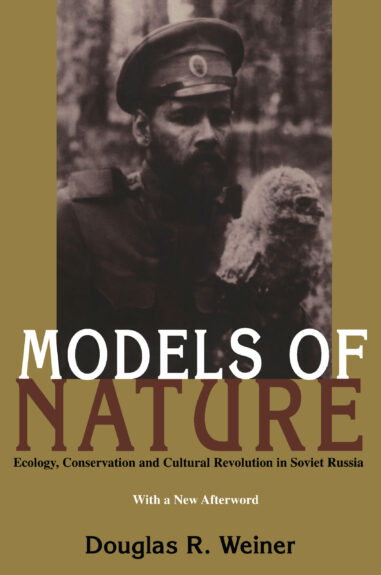
Paperback $60.00
Request Exam or Desk Copy. Request Review Copy
Models Of Nature
Ecology, Conservation, and Cultural Revolution in Soviet Russia
This book will inspire some readers, it will unmask others, and it will cast yet others into despair. Others will read it as a revelation. But it inevitably had to be written, and lo, it has appeared.

